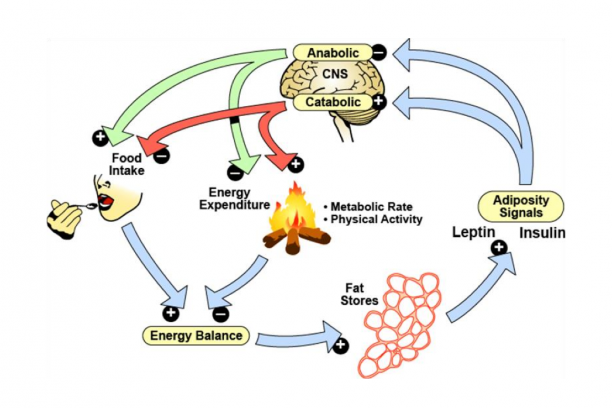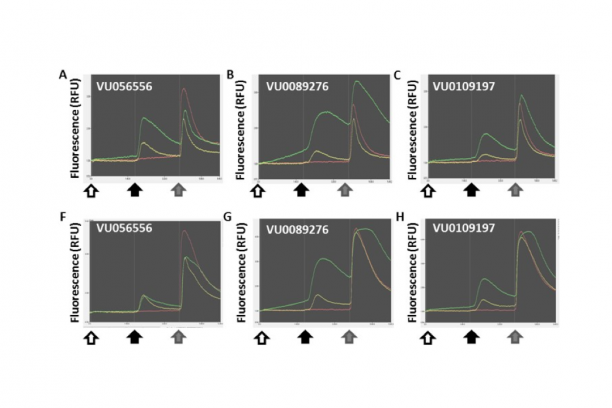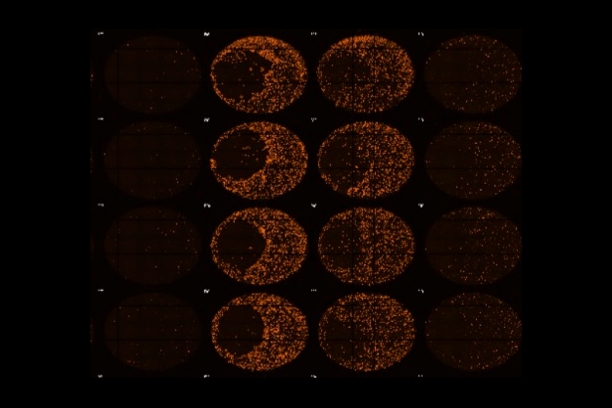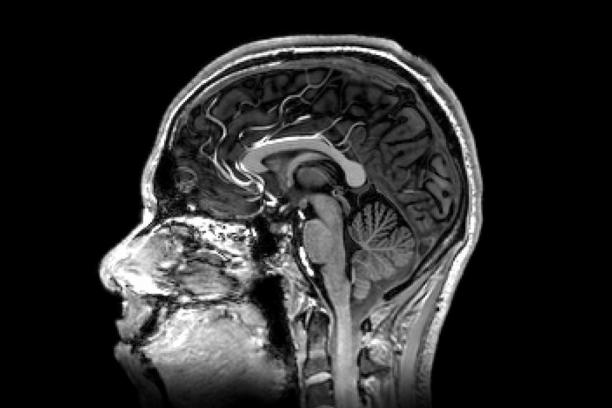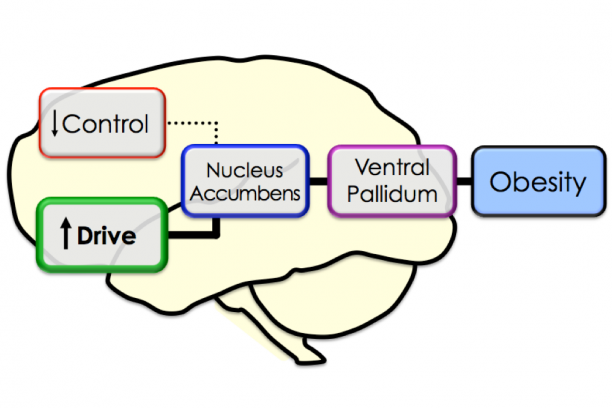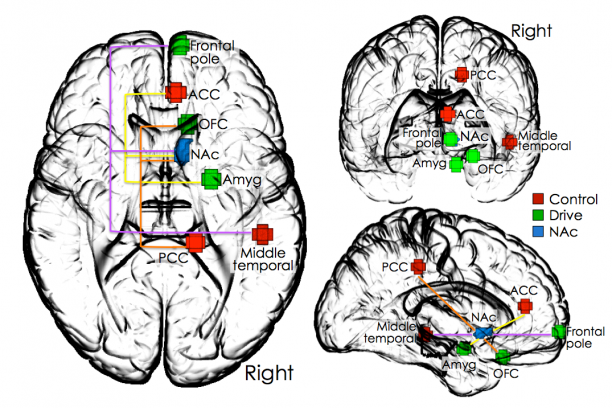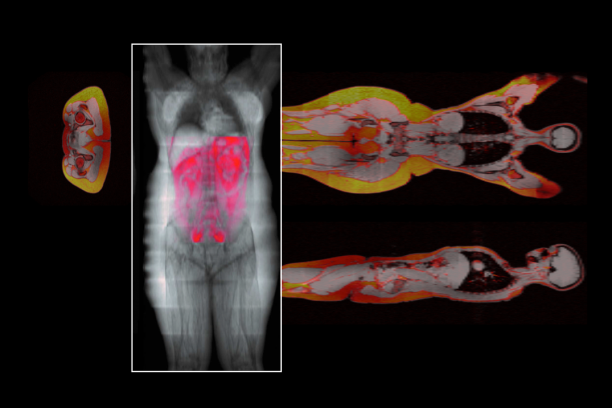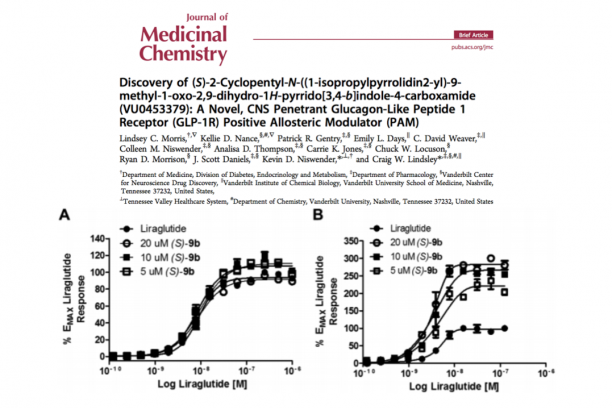The Niswender lab is interested in the neuroendocrine regulation of feeding and pathogenesis of obesity and makes extensive use of the full translational spectrum of model systems ranging from cell culture and animal models to human investigation. Techniques encompass molecular pharmacology, medicinal chemistry, molecular biology, biochemistry, metabolic clamps, behavioral testing, and imaging. The Niswender lab focuses on the shared mechanisms between the development of obesity and diabetes, cardiometabolic risk, and the clinical implications of insulin resistance, lipid accumulation, and inflammation. We are also increasingly interested in shared mechanisms between obesity and diabetes pathogenesis and common neuropsychiatric co-morbidities. Translationally, we are investigating the effects of body composition in obesity using novel fat-water magnetic resonance imaging (MRI) on neural function, lipoprotein metabolism, vascular function and other endpoints. Finally, we are actively engaged in drug discovery efforts to develop novel therapeutics for these disorders.

